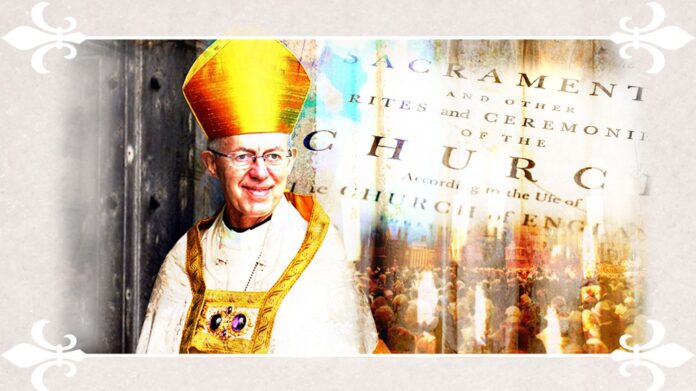Britain can no longer be described as a Christian country, three quarters of Church of England priests believe, according to a landmark survey conducted by The Times.
The most wide-ranging poll carried out among frontline Anglican clergy, and the first survey of Church of England clerics conducted in almost a decade, has found a strong desire among rank-and-file priests for significant changes in church doctrine on issues such as sex, sexuality, marriage and the role of women to bring it into greater line with public opinion.
A majority of priests want the church to start conducting same-sex weddings and drop its opposition to premarital and gay sex, in results described as “absolutely huge” by campaigners.
The survey also uncovered high levels of stress among priests, many of whom feel over-stretched. They fear that the church’s efforts to arrest the decline in attendance will fail and this may ultimately lead to its “extinction”.
The survey analysed responses from 1,200 serving priests, the catch-all term for all ordained people who can celebrate sacraments such as Holy Communion. The respondents mainly included vicars, rectors, curates, chaplains and retired priests who still serve, representing around 6 per cent of active clergy.
Asked whether they think “Britain can or cannot be described as a Christian country”, only a quarter (24.2 per cent) answered: “Yes, Britain can be described as a Christian country today”. Almost two thirds (64.2 per cent) said Britain can be called Christian “but only historically, not currently” while 9.2 per cent answered “no”.
Figures from the 2021 census showed that the proportion of people who identified as Christian in England and Wales had fallen below half for the first time — to 46.2 per cent — with the strongest growth among those who say they have “no religion”. The figure has trebled since 2001 to 37.5 per cent.
Asked why they felt under pressure, one priest cited the “pressure of justifying the Church of England’s position to increasingly secular and sceptical audiences”.
Professor Linda Woodhead, head of the department of theology and religious studies at King’s College London, said: “It’s extremely important to hear the clergy’s views. It’s hard to carry out these surveys which is why we have very few of them, and it is very interesting.”
She said the church had found itself in recent decades “pushed apart from public opinion on what’s right and wrong” on issues including sex and sexuality and said priests seemed to occupy a “middle ground” between traditional church teaching and broader public views.




